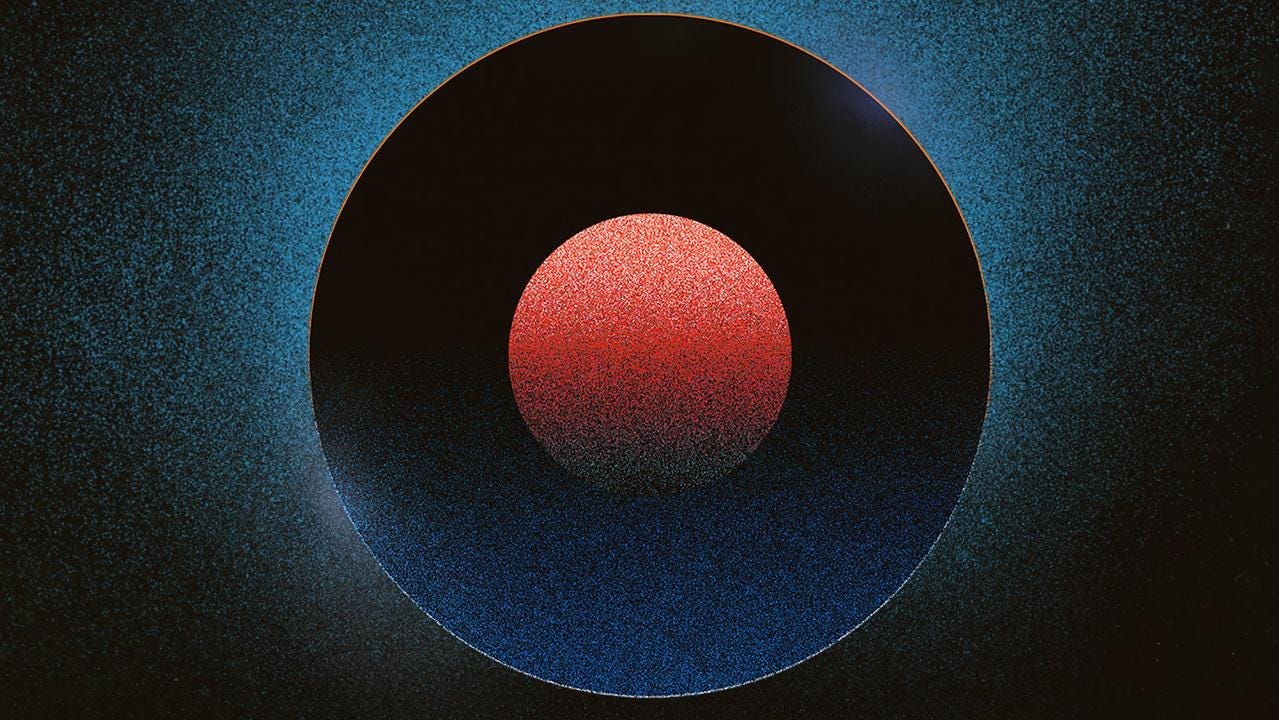Rabbit Holes 🕳️ #70
From the art of living to helpless growth, phono sapiens, regretful accelerationism and frodo's smartphone
THIS WEEK → 🎨 The Art of Living 😟 Helpless Growth 📱 Phono Sapiens ➕ Regretful Accelerationism 🚿 Frodo’s Smartphone
Rabbit Holes 🕳️
How can we build a better world? As always, here are three perspective-shifting ideas to rewild your mind and help you create a better world, plus some extras below. Enjoy!
#1 🎨 The Art of Living
A beautiful take by L.M. …





